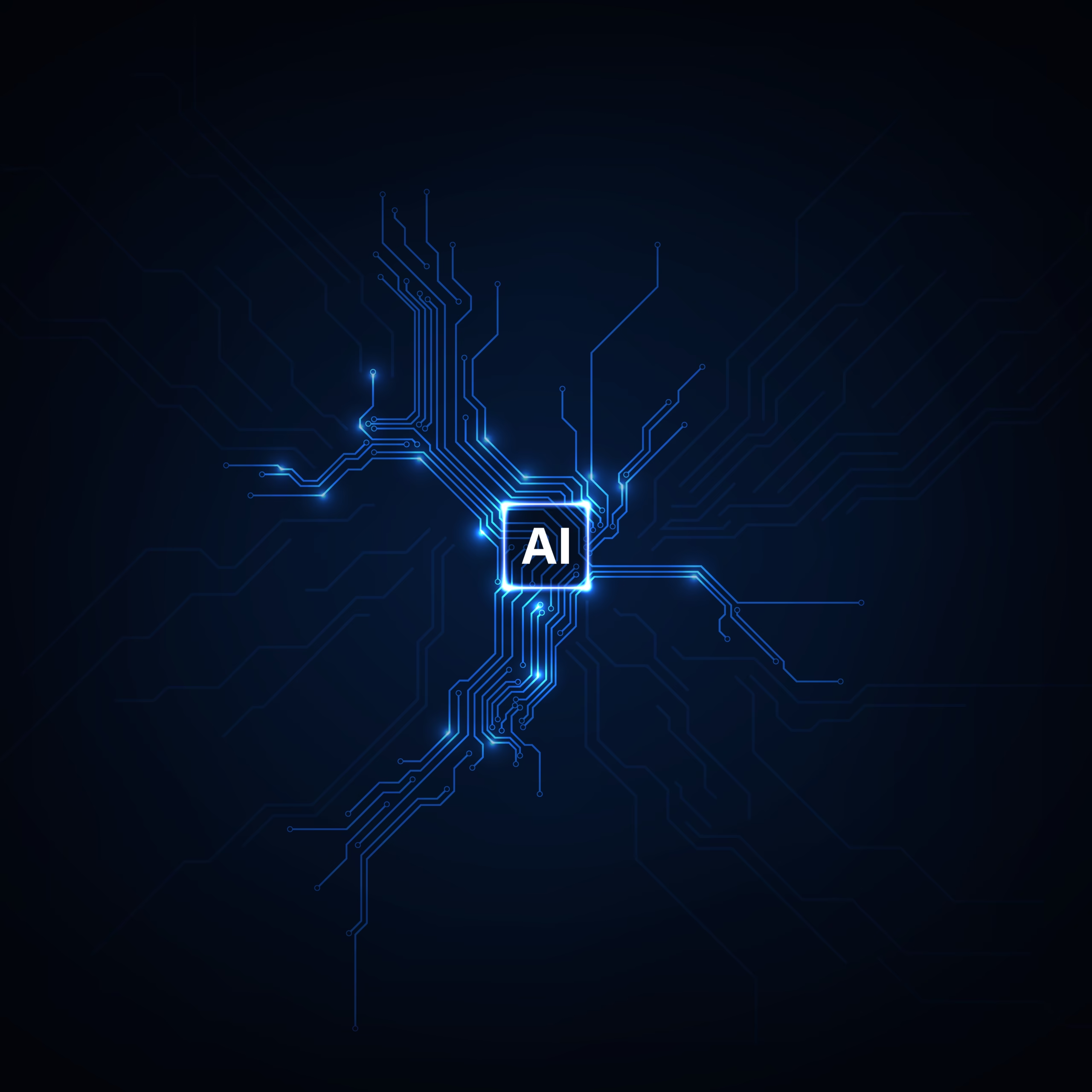Contents
Introduction
Artificial Intelligence (AI) has rapidly evolved from a theoretical concept to a transformative technology reshaping industries, economies, and daily life. In 2025, AI is not just a buzzword but a cornerstone of innovation. From smart assistants and autonomous vehicles to predictive analytics and generative AI tools like ChatGPT, AI is redefining how we interact with technology. But what does AI truly mean in 2025? Let’s explore how AI is shaping our present and influencing our future.
What is Artificial Intelligence?
Artificial intelligence refers to the development of machines and systems that can usually perform tasks required by human intelligence. These tasks include:
Learning and Adaptation (Machine Learning)
Argument and decision
Understand natural language
Identification of images, speech and pattern
AI systems use large data sets and advanced algorithms to identify and make predictions or decisions – often faster and more accurately than humans.
Artificial Intelligence in 2025: Key Developments
Generative AI, such as chat and image generators (eg valley · e), lets machines create materials lessons, images, music and even code. Companies now use Generic AI to produce material construction, increase marketing and automate prototype design.
- Edge ai
Edge AI enables real -time data processing on devices such as smartphones, wearbals and IoT devices without relying on flushing. It brings revolution in industries such as health care and motor vehicles where decisions about real time are important. - Explain ai (xai)
The AI models in 2025 are not only powerful, but also explanatory. Explain AI helps users understand how the AI system reached a decision, improved trust and regulatory compliance. - Autonomous system
AI now provides strength to autonomous cars, drones and delivery robots. While complete autonomy is still developing, AI improves security, navigation and decision -making in these systems. - AI agent
AI agents such as customer servicebo or task-specific AI tools are getting smarter. They better understand the context to automate the entire workflow and integrate on platforms.
Benefits of AI in 2025
Increased productivity: Automation of repeated functions allows people to focus on strategic thinking.
Cost reduction: AI-operated efficiency cuts operating costs.
Capitalization: AI experiences in Tails platforms increase customers’ satisfaction.
Better decisions: Future State analysis and insight support data -handled decisions.
Access: AI improves access to people with disabilities through speech, vision and motion technologies.
Challenges and Ethical Concerns
AI can achieve human prejudice from training data, which can lead to unjustified or discriminatory consequences. It is necessary to ensure justice and inclusion in AI design.
- Privacy and security
The AI system processes the huge amount of individual data. Abuse or poor security can cause fracture or monitoring of concerns. - Regulation and governance
Governments all over the world are trying to regulate AI in a responsible manner. In 2025, the AI moral is used for the EU -AI law and the framework, as the proposed US guidelines. - Deepfek and misinformation
AI-Janite Deepfeck and false content presents a growing challenge in digital communication and the media.
The Future of AI Beyond 2025
Looking ahead, AI will be deeply integrated into society, for example with development:
Artificial General Intelligence (Agi): Fantasy AI that can do some intellectual work to a human being.
AI and quantum calculation: Computer power can quickly quickly quickly rapidly rapidly erected with quantum technology.
Human-AI cooperation: Accounting Intelligence will support decisions instead of changing people.
Emotions AI: Future AI can more accurately identify and respond to human feelings, it can change how we interact with machines
Final Thoughts
Artificial Intelligence in 2025 is not science fiction—it is science in action. From optimizing industries to enhancing daily life, AI is becoming a vital part of our digital ecosystem. While the opportunities are vast, responsible development, transparency, and ethical use of AI are critical for a sustainable future.
Businesses, governments, and individuals must collaborate to harness AI’s full potential while addressing the risks. The question is no longer “Is AI coming?”—it’s already here. The real question is: How will we shape AI to create a better tomorrow?

